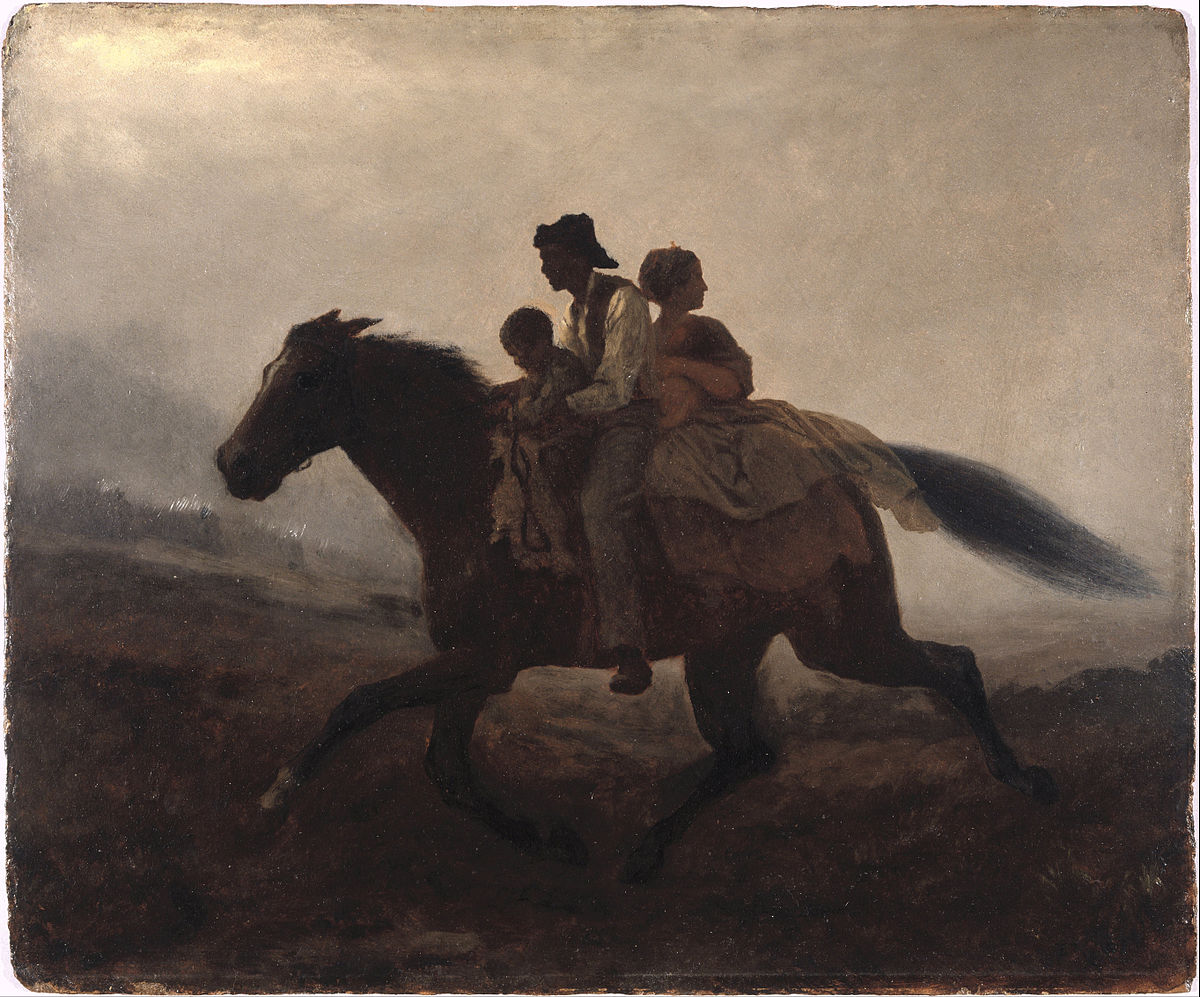
Emancipation Proclamation
United StatesThe Emancipation Proclamation, officially Proclamation 9549 was a presidential proclamation and executive order issued by United States President Abraham Lincoln on January 1, 1863, during the Civil War. The Proclamation changed the legal status of more than 3.5 million enslaved African Americans in the secessionist Confederate states from enslaved to free. As soon as slaves escaped the control of their enslavers, either by fleeing to Union lines or through the advance of federal troops, they were permanently free. In addition, the Proclamation allowed for former slaves to "be received into the armed service of the United States." The Emancipation Proclamation was a significant part of the end of slavery in the United States.
The proclamation provided that the executive branch, including the Army and Navy, "will recognize and maintain the freedom of said persons".[50] Even though it excluded states not in rebellion, as well as parts of Louisiana and Virginia under Union control,[51] it still applied to more than 3.5 million of the 4 million enslaved people in the country. Around 25,000 to 75,000 were immediately emancipated in those regions of the Confederacy where the US Army was already in place. It could not be enforced in the areas still in rebellion,[51] but, as the Union army took control of Confederate regions, the Proclamation provided the legal framework for the liberation of more than three and a half million enslaved people in those regions by the end of the war. The Emancipation Proclamation outraged white Southerners and their sympathizers, who saw it as the beginning of a race war. It energized abolitionists, and undermined those Europeans who wanted to intervene to help the Confederacy.[52] The Proclamation lifted the spirits of African Americans, both free and enslaved. It encouraged many to escape from slavery and flee toward Union lines, where many joined the Union Army.[53] The Emancipation Proclamation became a historic document because it "would redefine the Civil War, turning it [for the North] from a struggle [solely] to preserve the Union to one [also] focused on ending slavery, and set a decisive course for how the nation would be reshaped after that historic conflict."[54]
The Emancipation Proclamation was never challenged in court. To ensure the abolition of slavery in all of the U.S., Lincoln also insisted that Reconstruction plans for Southern states require them to enact laws abolishing slavery (which occurred during the war in Tennessee, Arkansas, and Louisiana); Lincoln encouraged border states to adopt abolition (which occurred during the war in Maryland, Missouri, and West Virginia) and pushed for passage of the 13th Amendment. The Senate passed the 13th Amendment by the necessary two-thirds vote on April 8, 1864; the House of Representatives did so on January 31, 1865; and the required three-fourths of the states ratified it on December 6, 1865. The amendment made slavery and involuntary servitude unconstitutional, "except as a punishment for crime".[55]
Since the Emancipation Proclamation made the eradication of slavery an explicit Union war goal, it linked support for the South to support for slavery. Public opinion in Britain would not tolerate support for slavery. As Henry Adams noted, "The Emancipation Proclamation has done more for us than all our former victories and all our diplomacy." In Italy, Giuseppe Garibaldi hailed Lincoln as "the heir of the aspirations of John Brown". On August 6, 1863, Garibaldi wrote to Lincoln: "Posterity will call you the great emancipator, a more enviable title than any crown could be, and greater than any merely mundane treasure".
